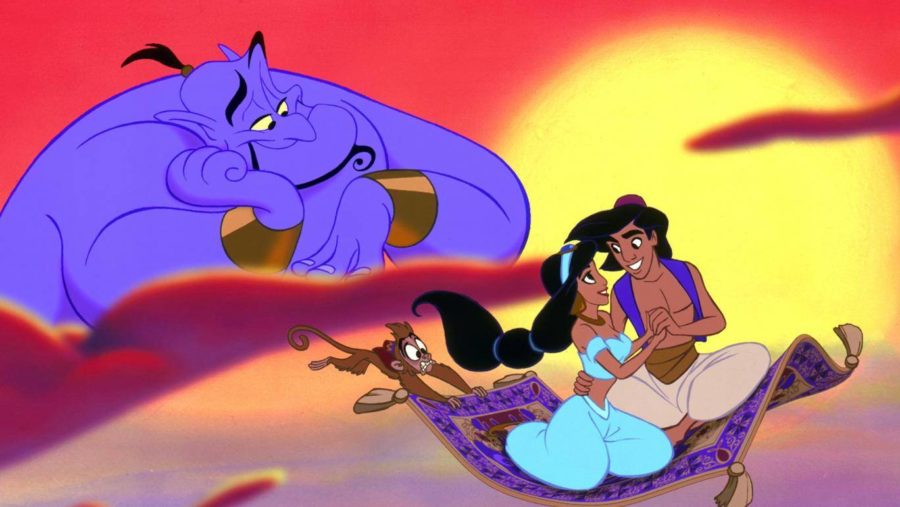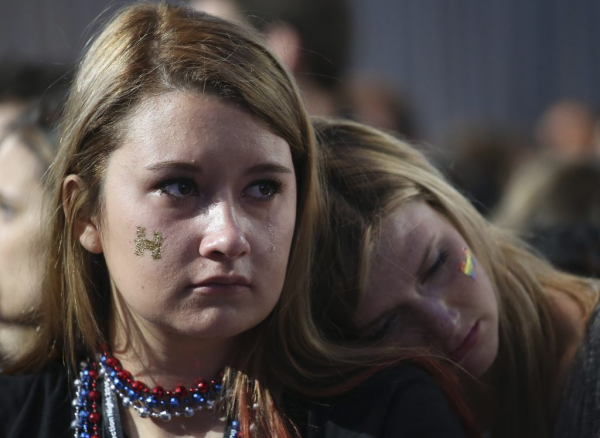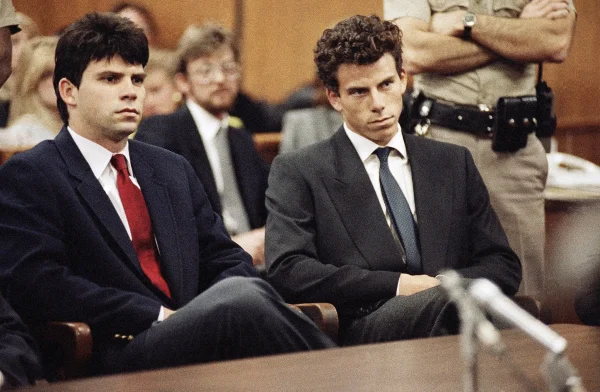Disney’s Aladdin remake shows that whitewashing is a prevalent part of the American film industry
An upcoming remake of the Disney’s Aladdin is coming to theaters in 2019.
There have been so many negative comments about the possible release and it all points towards whitewashing.
Aladdin has cast the actress for the character, Princess Jasmine, in the upcoming remake as someone of half-British, half-Gujarati Indian descent in comparison to the original ethnicity of Princess Jasmine of Arabian. These slight differences create a disparity of ethnic representation in Hollywood. It is said that out of 2,000 actors, Naomi Scott, said cast actress, was chosen. The major problem behind the casting is the lack of minority representation.
Throughout out the history of Hollywood, many films and movies have been created for the joy of the public and attempts at remakes hope of doing the original justice. Different films ranging from The Social Network to Argo became major box offices yet they shared one thing in common: whitewashing.
White washing is a major problem in the world of cinema today. It has been a prevalent casting practice in the film industry of the United States, in which white actors are cast for the roles of historically non-white characters.
By definition, whitewashing is the “casting of white actors as characters who are non-white or of intermediate race… It can also refer to preferring white actors, directors, cinematographers, and so on, over equally qualified people of color, as in the Oscar nominations.” according to the Merriam-Webster dictionary.
Whitewashing has been overlooked many times by not only the audience but the directors as well, who are responsible for keeping the cast after the casting director makes the original decision.
Who is at fault now? Definitely ignorance and failure to pursue accuracy of ethnicity that, today, is such an important aspect of society.
Movies have acted in ways that allow the public not only to enjoy comedies,romance, and thrillers but also subliminally send messages of morality and contemporary issues. And the cast matters just as much as the messages that the film sends.
It is the same concept of other various news sites such as Time and Huffington Post that say that so-and-so could have been a “better” fit for the role when they put a ethnically inappropriate actor/actress. And thus, you cannot place a ethnically inadequate actor and then accuse the casting and put another ethnically inadequate actor on top. The ignorance just piles up on each other, and for upcoming remake, Aladdin, the concept of South Asia-Middle Eastern interswapping, is not so moral either.
For example, in the article, Hey Disney, Here are 14 Actors Who Could Play Aladdin and Jasmine by Huffington Post one of the suggested actors is Lilly Singh. Lilly Singh is a famous youtuber known by the username IISuperwomanII. Although most people seem to think that Lilly Singh is perfect because of her ability to sing and act, this contradicts their article on whitewashing. How?
Well here’s how: by pointing out whitewashing, the Huffington Post makes a point that white actors and white actresses should not be playing a role that is supposed to be Middle-Eastern. What Huffington Post ignores is that Lilly Singh is Indian and not Middle-Eastern. What this does is suggest that people who have similar skin color and can coincidentally sing, are suitable. Therefore suggesting that people who look similar physically is justified.
Most films that are derived from ethnically different places do not even have anyone involved that are of that ethnicity. Whether it be a crew member or supporting actor, and most often, as a main lead and more times than not, these films are remakes of originals.
Although there have been times where the remakes have included persons that are ethnically represented in the film. For example, Ghost in the Shell included 3 Japanese executive producers and 1 Japanese co-producer. Though this doesn’t validate whitewashing or make it okay for movies to use actors that are not ethnically correct to play said roles.
In addition, in an interview of Japanese people and their thoughts of the casting of Scarlett Johansson for the controversial movie, almost all of the Japanese people interviewed said that they approved of the casting and were happy that they cast a non-Japanese actor.
But later they were asked about their reaction to the reason why Westerners, or Americans, were upset about the whitewashing case.
The interviewees, after having explained to them the situation of the placement of a white actor in a supposedly Japanese (Asian) role, responded with understanding. With responses like, “If you explain it like that, I can kinda understand” and “Yeah, that’s true.” However, they later disregarded the issue and all said that Scarlett Johansson was chosen because of her acting skills.
This does not justify casting white actors in minority roles. The real issue is in Hollywood and how actors that are of ethnic minority are disregarded. It is not only obvious that controversial whitewashed movies like Pan and Exodus: Gods and Monsters, which shamelessly cast a white actress as a Native American character and white actors as Egyptian/Middle Eastern religious figures. Arguments that there are not enough actors who are “suitable” and “skilled” for the role are outrageous.
If large filming companies wanted actors of ethnic minority for major roles, they would be able to. A “suitable” actor isn’t hard to find with the amount of money, influence, and reputation that large filming industries have. Such companies like Walt Disney Studios that have tremendous power over media and society are responsible for sending out appropriate messages.
Apparently, when Tilda Swinton played the role of a Tibetan monk/mentor in the blockbuster Doctor Strange, it was acceptable. Even though the director of the film, Scott Derrickson, claimed they replaced the ethnicity of the mentor to white to avoid upsetting China.
However, ethnic minority roles like this should not simply be ignored. Yes, people are disapproving of whitewashing and protesting against films that support whitewashing as well as petitioning against such acts.
But, is it enough?
There is still a majority of people who will watch the movie regardless if there is whitewashing or not, even with knowledge. The fact that the audience will not be able to deny the consumption is only an indication that the change has to come from those who are responsible for the production and distribution.
Another problem that is not quite yet recognized are whitewashing of voice actors. Yes, this is a problem. And no, it’s not nitpicking. Representation matters everywhere because it not only allows for society to view the diversity of actors of all ethnicities, but it allows opportunities for minorities who suffer from discrimination.
A popular example is Kubo and the Two Strings, which is an American 3D stop-motion film with a story with Japanese characters. The voice actors for the main characters are not Japanese nor does either have any Japanese heritage. Although the audience can only hear the voice and not see their face, the fact that minority actors can’t even speak is sad.
To counter this point, there are some Japanese voice actors involved and the director, Travis Knight, did speak up about the issue. The issue being that the distributors are looking for “big names” to put out to attract an audience, and money.
It’s sad that it has come to this point in society that people are not willing to come out to watch a movie because it doesn’t include someone they know. And especially, not willing to give someone of color a chance in the industry.
The film industry has been a harsh environment for many, and those of ethnic minority suffer more. The issue of whitewashing still hasn’t been solved, successful shows have been ruined for many, and minority actors are still fighting.

I am in 12th grade. I am undecided about my future career. However, I would like to work in Science. I took journalism in order to improve my writing skills...








